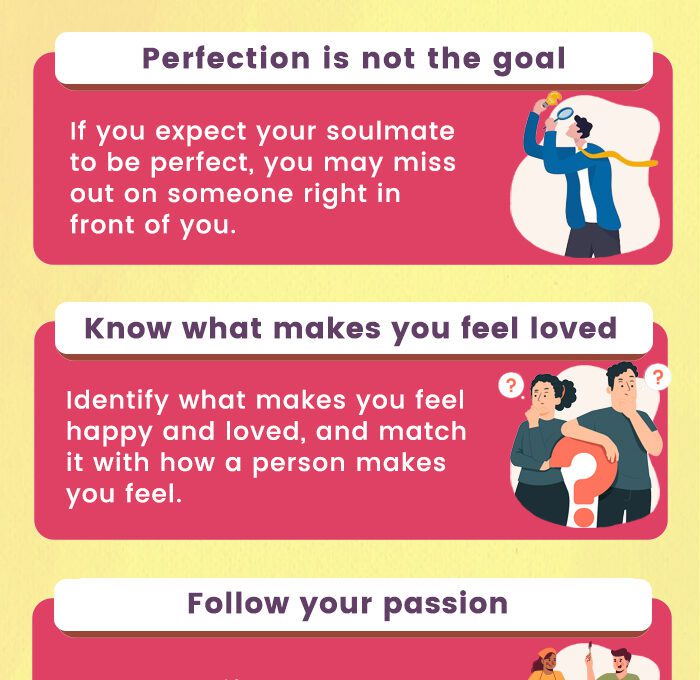Relationships often operate through a balance of emotional give-and-take.
Sometimes, one partner naturally stabilizes the relationship during rough patches, akin to an anchor steadying a ship amidst turbulent waters.
Recognizing your role as the emotional cornerstone is crucial for personal growth and assessing relationship dynamics.
You may have experienced being this anchor without even realizing it.
Understanding these signs can help you navigate current or future relationships more mindfully, ensuring your emotional well-being is also cared for.
1. You Always Prioritize Their Emotional Needs Over Yours
If you’re constantly setting aside your own feelings to accommodate your partner’s emotions, it’s a clear sign you’re the emotional anchor in your relationship. You might recognize some of these patterns:
- Listening to their problems without ever bringing up your own.
- Disregarding your emotional responses to keep the peace.
- Regularly sacrificing your personal needs for their comfort.
By always placing their emotional welfare before yours, you assume a caretaker role, which may leave your needs unattended.
Remember, balancing both partners’ emotional health for a nurturing relationship is essential.
2. You’re the Go-To Person for Comfort and Support
If your friends or partner consistently seek you out when they need a shoulder to lean on, it’s a strong indicator that you are their emotional anchor.
They see you as a source of stability and know you’ll offer the support they need.
- Trust: You’re trusted to listen without judgment.
- Consistency: You’re there for them, even when it’s inconvenient for you.
- Wisdom: Your advice is often sought after and valued.
Your ability to maintain calm in the storm makes you invaluable in their eyes. They lean on your emotional strength to navigate their challenges.
Related post: Learn about the signs your partner lacks empathy and how to address it.
3. Your Partner Relies on You for Emotional Guidance

When your partner consistently turns to you to help navigate their feelings, you play a pivotal role in their emotional well-being.
They may seek your insight when faced with challenges or look for comfort in times of stress, relying on your emotional support to regain balance.
You’re often the one they share their deepest fears and greatest joys with.
- You are a sounding board: Your partner discusses their issues with you, valuing your perspective.
- You provide reassurance: You help your partner feel secure during emotional turbulence.
- Your advice matters: Your partner considers your counsel crucial when making decisions.
Insight: If your partner’s actions reflect these points, it’s clear you’re the emotional anchor in your relationship. Your presence is a steadying force for them.
4. You Often Sacrifice Your Own Needs for Their Happiness
When you’re the emotional cornerstone of your relationship, you may notice you’re regularly putting your partner’s contentment above your own. Here’s how this might look:
- Consistent Compromise: You find yourself agreeing to things that don’t make you happy or even make you uncomfortable just to avoid conflict or to ensure your partner’s satisfaction.
- Neglecting Personal Desires: Your own hobbies, dreams, or relaxation time often take a backseat to the demands or wishes of your partner.
- Unreciprocated Support: You provide unwavering support, even when it’s not reciprocated to the same extent.
5. You Feel Drained from Constantly Managing Their Emotions
If you consistently feel exhausted after interactions with your partner, it’s a sign that you’ve been the emotional bedrock. Witnessing this pattern requires attention:
- You’re often the listener, absorbing their stress.
- Your own needs wait as you navigate theirs.
- The cycle leaves you tired and needing recharge.
Being the sole emotional support is tough. Remember, it’s okay to set boundaries for your wellbeing.
Recommended post: Explore the surprising truth behind the people-pleasing paradox and its effects on personal relationships.
6. Your Partner’s Mood Dictates the Atmosphere of the Relationship

When your partner is in a good mood, your home feels light and joyful, but if they’re upset, tension fills the air.
This pivot around their emotional state can indicate that you’re the stability they lean on. It’s as if you’re the thermostat setting the temperature for their comfort.
- Your Mood Stays Consistent: You maintain an even keel to avoid rocking the boat regardless of your day.
- Their Downturn Affects You: When they’re down, you work overtime to lift their spirits, prioritizing their needs.
- Atmospheric Shifts: Even friends notice how the vibe changes with your partner’s mood swings.
Your emotional bandwidth becomes the cushion for their highs and lows, making you the underpinning that keeps the relationship steady.
7. You’re Seen as the Strong, Unwavering Pillar in Crises
When things don’t go as planned, your partner turns to you almost instinctively.
You’re the go-to for advice, comfort, and strategy—a true testament to how you’re perceived in moments of uncertainty.
Your steadiness isn’t just a feeling; it’s a role you’ve come to embody within your relationship.
- Consistency: You maintain a calm demeanor, regardless of the situation.
- Reliability: Your partner knows they can count on you.
- Resolve: You focus on solutions, and your determination is clear.
In every crisis, small or large, you’re the cornerstone. Whether it’s job loss, family issues, or health scares, you’re the one keeping the ship steady.
This reliable presence does not go unnoticed. It’s a significant role and one that suggests you might just be the backbone of emotional support in your duo.


